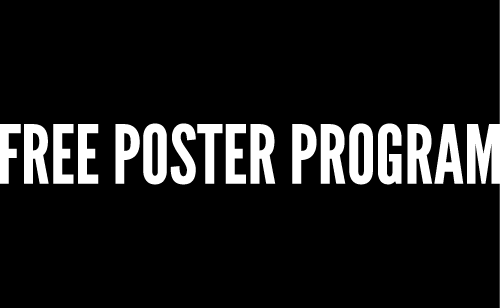"Beyond Vietnam: A Time to Break Silence" Extension Questions
1. "Five years ago [John F. Kennedy] said, 'Those who make peaceful revolution impossible will make violent revolution inevitable.'
Increasingly, by choice or by accident, this is the role our nation has taken -- the role of those who make peaceful revolution impossible by refusing to give up the privileges and the pleasures that come from the immense profits of overseas investment.
I am convinced that if we are to get on the right side of the world revolution, we as a nation must undergo a radical revolution of values. We must rapidly begin the shift from a "thing-oriented" society to a "person-oriented" society. When machines and computers, profit motives and property rights are considered more important than people, the giant triplets of racism, extreme materialism, and militarism are incapable of being conquered."
- What does Dr. King mean when he says that the United States must undergo a “revolution of values”? What values does he think will need to change? What values does he think will need to be adopted?
2. Dr. King claims that the “Western nations” have “initiated so much of the revolutionary spirit of the modern world”.
- What events is he referring to?
- Why does he think these Western nations have become “arch anti-revolutionaries”?
3. Throughout his Beyond Vietnam speech, Dr. King asks his audience to “choose”, “decide”, and ‘act’.
- What is he asking people to ‘choose’, ‘decide’, and ‘do’?
- What did he ‘choose’, ‘decide’, and ‘do’?
- In terms of the themes brought up in the speech (including racism, materialism, and militarism), what can you ‘choose’, ‘decide’, and ‘do’?
4. "Since I am a preacher by calling, I suppose it is not surprising that I have seven major reasons for bringing Vietnam into the field of my moral vision. There is at the outset a very obvious and almost facile connection between the war in Vietnam and the struggle I, and others, have been waging in America. A few years ago there was a shining moment in that struggle. It seemed as if there was a real promise of hope for the poor -- both black and white -- through the poverty program. There were experiments, hopes, new beginnings. Then came the buildup in Vietnam and I watched the program broken and eviscerated as if it were some idle political plaything of a society gone mad on war, and I knew that America would never invest the necessary funds or energies in rehabilitation of its poor so long as adventures like Vietnam continued to draw men and skills and money like some demonic destructive suction tube. So I was increasingly compelled to see the war as an enemy of the poor and to attack it as such."
- Why does Dr. King refer to war as “an enemy of the poor”?
5. What does Dr. King mean by the term “land reform”?
6. What is napalm and how is it related to Dr. King’s comparison of the United State’s military in Vietnam and the Nazis in Germany?
7. What were the impacts of the Beyond Vietnam speech on Dr. King’s public image? Why?
8. What are the “five concrete things” that Dr. King suggests the United States government do to disentangle itself from the military conflict in Vietnam? What are some further measures that Dr. King suggests should be part of the U.S.’s “ongoing commitment” to the Vietnamese people?
9. Cite examples from the text where Dr. King describes who suffers from war (both in general and specifically in the Vietnam conflict). Cite examples from the text where Dr. King describes who profits from war (both in general and specifically in the Vietnam conflict).
10. Dr. King describes the war in Vietnam as a “symptom of a far deeper malady in the American spirit”. What is the malady (sickness) he is referring to? How do the countries he mentions in the following paragraphs relate to this sickness?
11. In your own words, describe what you think slain President John F. Kennedy meant when he said “Those who make peaceful revolution impossible will make violent revolution inevitable”.
12. Where does the title of this speech—Beyond Vietnam: A Time to Break Silence—come from? Do you think this is a fitting title? Why or why not? What would you title this speech if you had to come up with a different name for it today?
